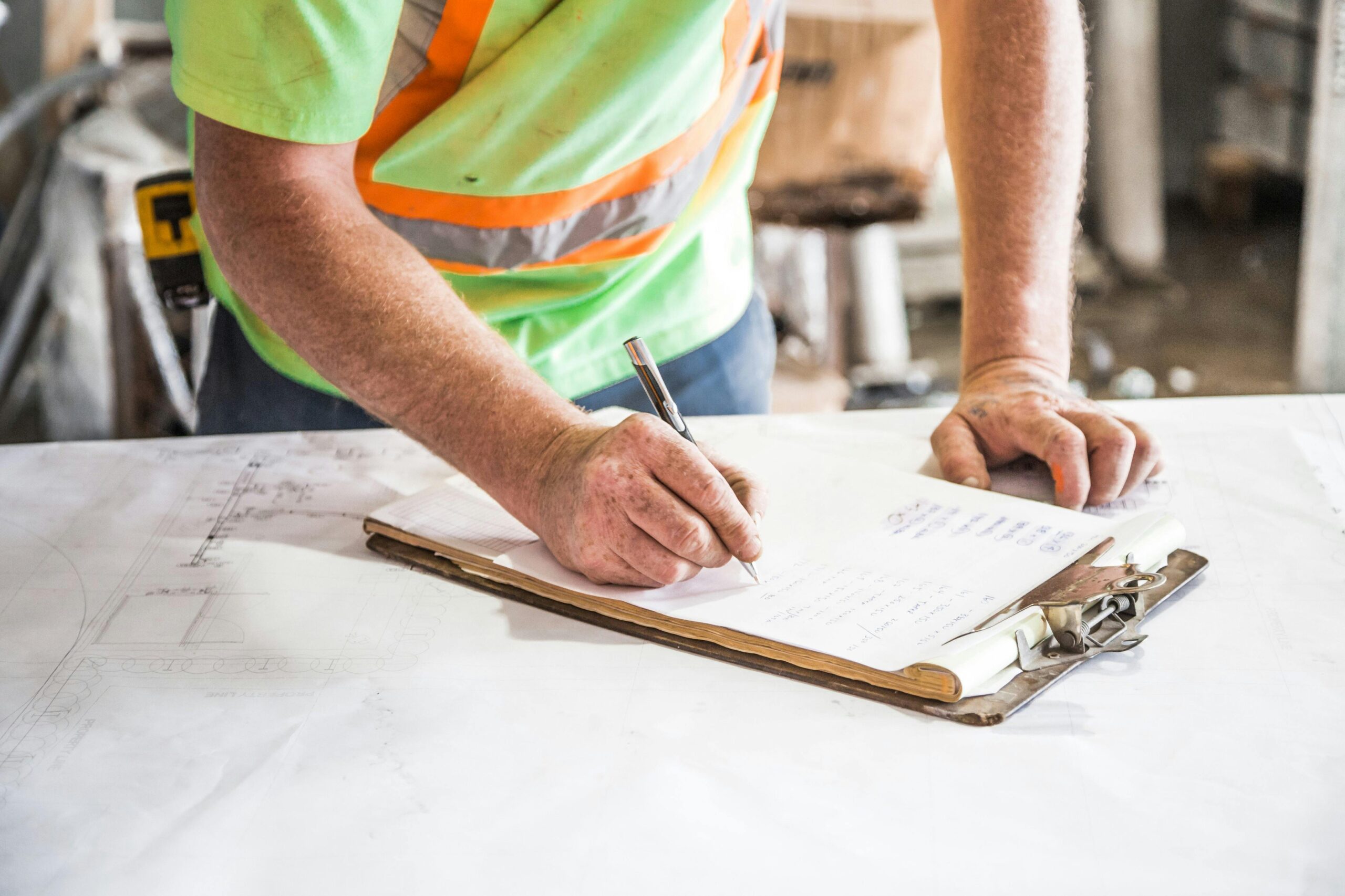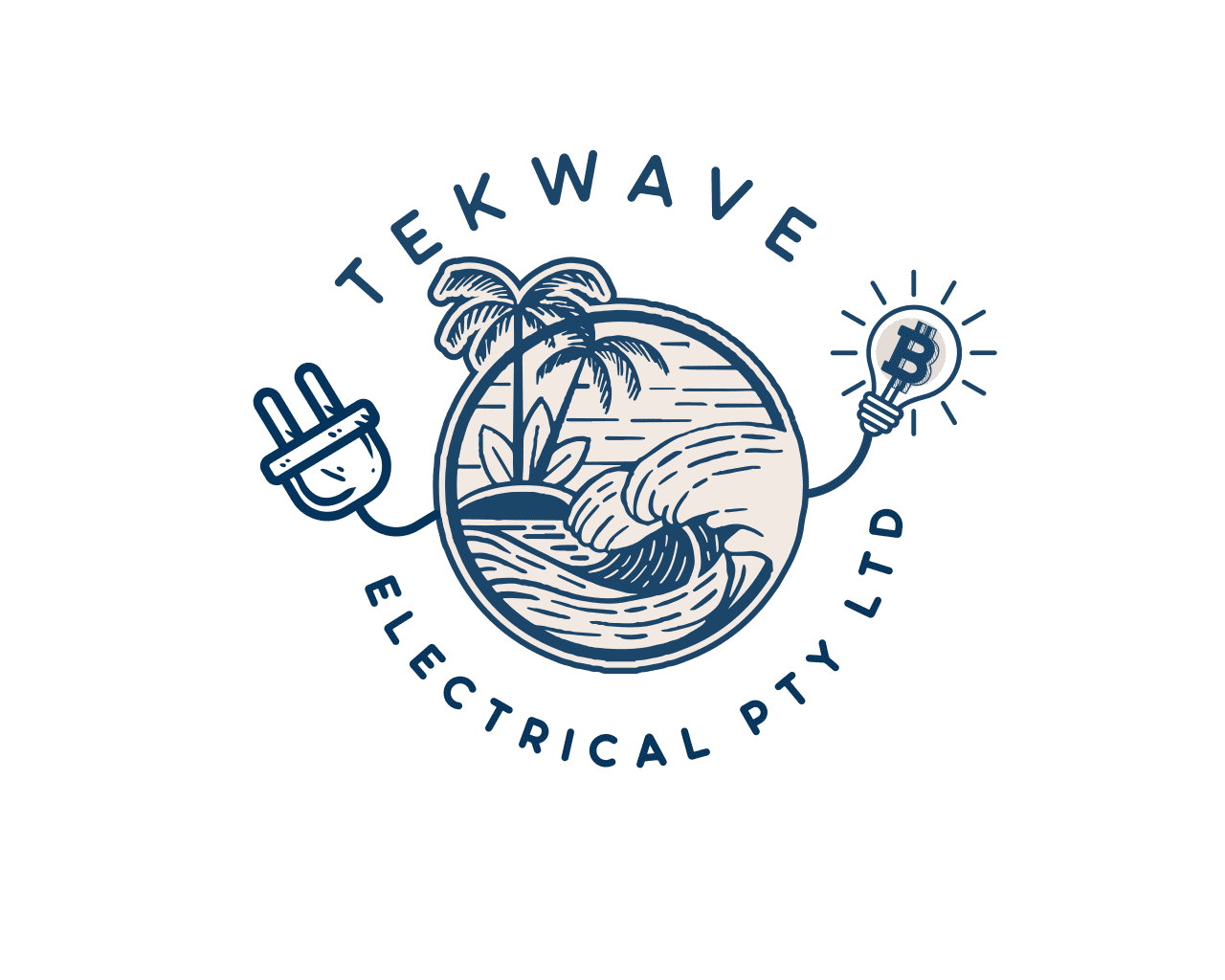Have you received a flyer or defect notice?
The new centralised defect system in New South Wales, effective from December 1, 2025, is part of the accelerated smart meter deployment framework under the National Energy Retail Rules (NERR). Introduced through Rule 59AAA in the National Energy Retail Amendment (Accelerating smart meter deployment) Rule 2024, it addresses defects such as faulty wiring, safety hazards, or shared fuses that prevent metering coordinators from installing, replacing, or repairing meters at customer premises.
If you’ve recieved this flyer its because you have already been identified as a site that will likely be affected by this new system.
Rule 59AAA Introduction
Rule 59AAA of the National Energy Retail Rules was introduced to speed up the rollout of smart meters in Australia by ensuring defects in metering installations are promptly identified and communicated. It establishes clear responsibilities and a structured notification process among parties, supporting better energy management and safeguarding customer rights.
Some potential Defects:
- Faulty or Unsafe Wiring: Deteriorated or non-compliant electrical wiring at the meter site, posing safety risks.
- Shared Fuses in Multi-Occupancy Buildings: Multiple meters sharing a single fuse, making isolation difficult.
- Meter Board Safety Hazards: Structural problems, corrosion, or inadequate mounting on the meter board.
- Electrical Faults in Older Buildings: Outdated earthing, insufficient capacity, or compatibility issues with modern smart meters.
- Inaccurate or Faulty Meter Components: Malfunctioning internal parts causing data inaccuracies and billing errors.
- Asbestos in Metering Installations: Presence of asbestos in older meter boards or panels, posing health risks during replacement.
It’s important to address metering installation defects like faulty wiring or shared fuses for several reasons:
- Avoid Delays: With Australia’s smart meter rollout starting December 1, 2025, and opt-outs no longer available since June 1, 2025, unaddressed defects can halt replacements, leaving you with outdated meters and missing out on real-time usage tracking and attracting possible enforcement actions from Regulators.
- Prevent Service Disruptions: Defects can lead to safety-driven power cuts. Fixing them early ensures uninterrupted supply and compliance.
- Cost Savings and Accuracy: Proactive rectification enables accurate billing, reduces estimation errors, and unlocks energy management tools that could lower bills.
- Safety and Future-Proofing: Addressing hazards promptly minimises risks like electrical fires and ensures long-term compatibility with evolving energy systems.
Tekwave can significantly enhance the smart meter rollout process by leveraging our partnerships with existing metering providers.
Our approach focuses on early defect identification and rectification, ensuring compliance and safety, and supporting efficient rollouts.
By collaborating with established metering providers, we can proactively inspect metering installations for defects such as faulty wiring or shared fuses. This allows us to address issues before they trigger the notice process under Rule 59AAA, ensuring smooth meter replacements and avoiding delays or potential supply isolations required by the New South Wales Service and Installation Rules (SIRs).
Our team of licensed electrical contractors ensures that all work meets NSW Fair Trading and SIRs standards, reducing conflicts between the National Energy Retail Rules (NERR) and SIRs’ safety requirements.
This compliance minimises the risk of non-compliance penalties and prevents rollout complaints related to disruptions. Additionally, by handling specialized repairs outside the scope of metering coordinators, we help meet the 2030 universal smart meter target. This enables customers to benefit from accurate billing and avoids wage and safety issues within the installation workforce. Engaging Tekwave early for assessments ensures that customers stay ahead of mandatory deployments starting in December 2025.
Attention Property Owners and Tenants!
Have you received a defect notice recently?
If so, your property may need further consideration before a smart meter can be installed. Read on to understand the impacts of the latest legislation and how it affects you.
Key Issues Identified:
- Defects
- Shared Isolation Points
What’s New?
In 2023, stakeholders met with the New South Wales Government to discuss changes to the Framework for Metering Services. During this review, two main barriers to replacing legacy meters were identified: defects and shared isolation points.
Introducing the Meter Protection Device (MPD):
A new MPD is required for situations involving shared fuses, common in older multi-occupancy buildings like apartments. This device allows safe meter replacement or upgrade without interrupting power to other customers, ensuring compliance with the National Energy Retail Rules (NERR) and National Electricity Rules (NER).
Why Fix Defects?
- Safety and Reliability: Unresolved defects can pose electrical risks, potentially leading to fires, shocks, or unreliable power supply. Fixing them ensures compliance with Australian standards and protects both customers and the network.
- Regulatory Compliance: Under NERR, particularly Rule 59AAA, defects that prevent meter installation, replacement, or repair trigger a mandatory notice process. Failure to fix them delays access to modern smart meters and may result in ongoing use of outdated legacy meters with inaccurate billing.
- Better Services: Upgrading to smart meters offers real-time usage data, accurate billing, and integration with renewable energy systems, benefiting customers with cost savings and efficiency.
Challenges During Meter Replacement:
- Scope of Work: Meter replacements are typically handled by metering coordinators focused on swapping the meter. Defects often require specialized electrical work by a licensed electrician, which falls outside the coordinator’s role and may need separate scheduling.
- Risk of Disruptions: Isolating one meter for replacement could interrupt power to neighboring premises, violating NERR protections against unauthorized de-energizations. Preemptive rectification allows safe, individual isolation without affecting others.
- Regulatory Timelines: NERR requires defects to be confirmed fixed before proceeding, often involving customer-initiated repairs and retailer verification, which can’t be rushed or combined with the replacement to avoid non-compliance or safety issues.
Take Action Now!
Addressing defects promptly through a qualified professional is key to resuming the meter upgrade process efficiently. Don’t miss out on the benefits of modern smart meters. Ensure your property is compliant and safe today and avoid getting caught up in the new Centralized defect system!
Streamline Your Meter Replacement Process:
We can help streamline the meter replacement process and organize all meters to be replaced at the same time as the defects are being rectified, ensuring a smooth and efficient transition to smart meters. This approach reduces outages and removes the need for multiple interested parties to attend the site simultaneously, minimizing disruptions and ensuring a faster resolution.

